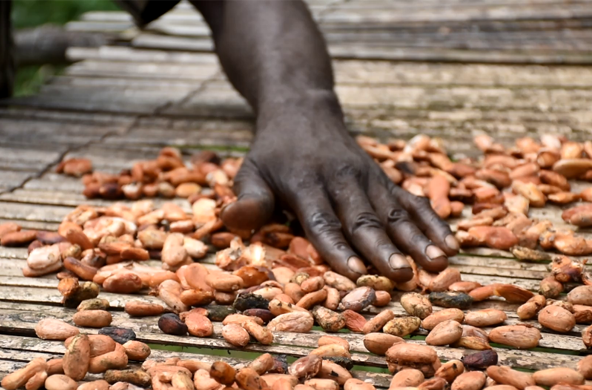
249,000 C$ Mobilized For Testing Innovative Business Models
The pilot is led by the University of Sherbrooke in partnership with the Foundation for the Environment and Development in Cameroon (FEDEC) and the Tropical Forest and Rural Development Association. It is financed by the Innovation and Transformation Fund (FIT) and aims to set up an integrated management system and transformation of value chains by empowering local actors. The management system integrates organizational innovations (organizational culture and knowledge networks), technical innovations (beekeeping belts & agroforestry systems) and commercial innovations (access to markets / marketing). The aim is to test innovative approaches to help improve the living conditions of local communities living on the outskirts of the parks.
Poverty is one of the major problems of rural areas in Cameroon. National data on population show that rural areas, where nearly 60% of the total population lives, concentrate 90% of people living below the poverty line. This situation is more accentuated on the periphery of protected areas due, among other things, to the restrictions imposed on traditional activities within these protected areas. Rural women, because of socio-cultural constructs, are the group most affected by poverty. Several initiatives aimed at identifying the problem of poverty in conservation areas have been developed by various actors without much success.
The innovative solution was developed by FEDEC and the University of Sherbrooke following a series of research-actions carried out on these issues of financial / economic automation of women and girls. Several major blockages have been identified, namely: international funding quotas, socio-cultural pressures, geographical isolation, exclusion of disadvantaged rural communities from the globalized economy, etc. The local partners actively participated in the construction of the solution through several activities carried out: workshops, brainstorming and tests with the beneficiaries.
The proposed solution is based on the assumption that the implementation of this innovation in the business model of agroforestry systems and a professionalization course for producers will enable the poor populations targeted by the project to generate income and get out of economic precariousness within a framework focused on climate resilience and biodiversity conservation. This business model will promote gender equality by giving access to cash crops (cocoa and honey) to women and girls who are still excluded from this type of economic activity.
In terms of gender equality, the pilot project aims to transform gender relations by integrating women’s and girls’ groups in all project activities.
The project will be carried out over a period of 15 months in 7 areas, namely Mabiogo, Nkoelon, Afan Esokié, Nyamabande, Kongo located on the outskirts of the CampoMa’an National Park, and Kabilone and Biffolone located on the outskirts of the Reserve of Dja biosphere.
The funding granted will make it possible to set up 16 hectares of cocoa-based agroforestry enriched with local fruit trees. A hundred hives will be made available to the beneficiaries and will allow the mitigation of potential human-wildlife conflicts that could affect the development of the plantations. Particular emphasis will be placed on the development of professionalization courses. Beneficiaries will have access to knowledge on agroforestry and beekeeping techniques as well as local business management and product marketing. Local agroforestry companies will be equipped and their products will have an opening on the international market through certification.

